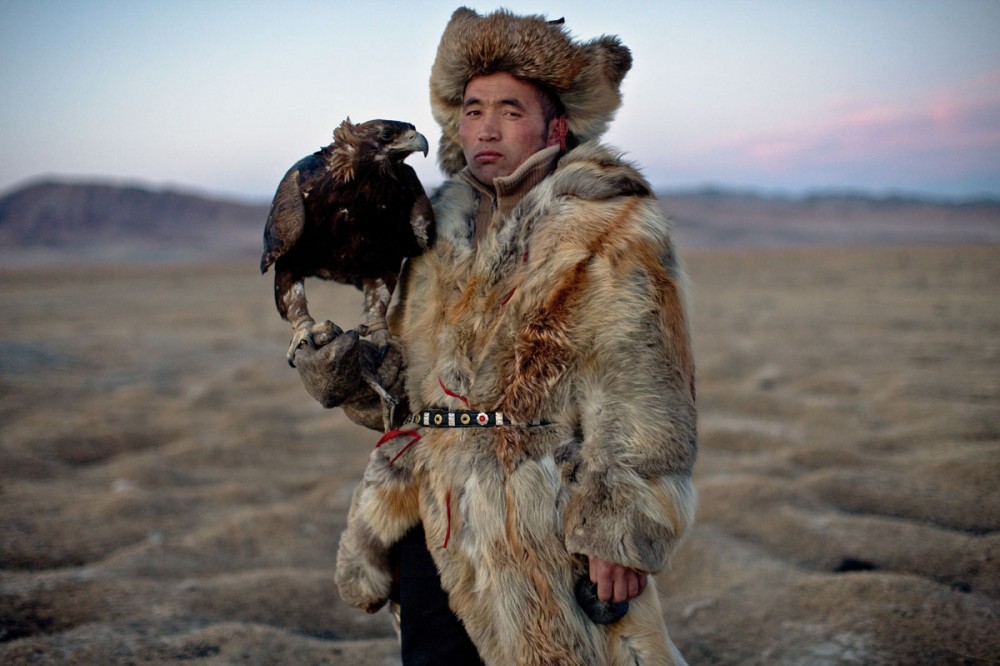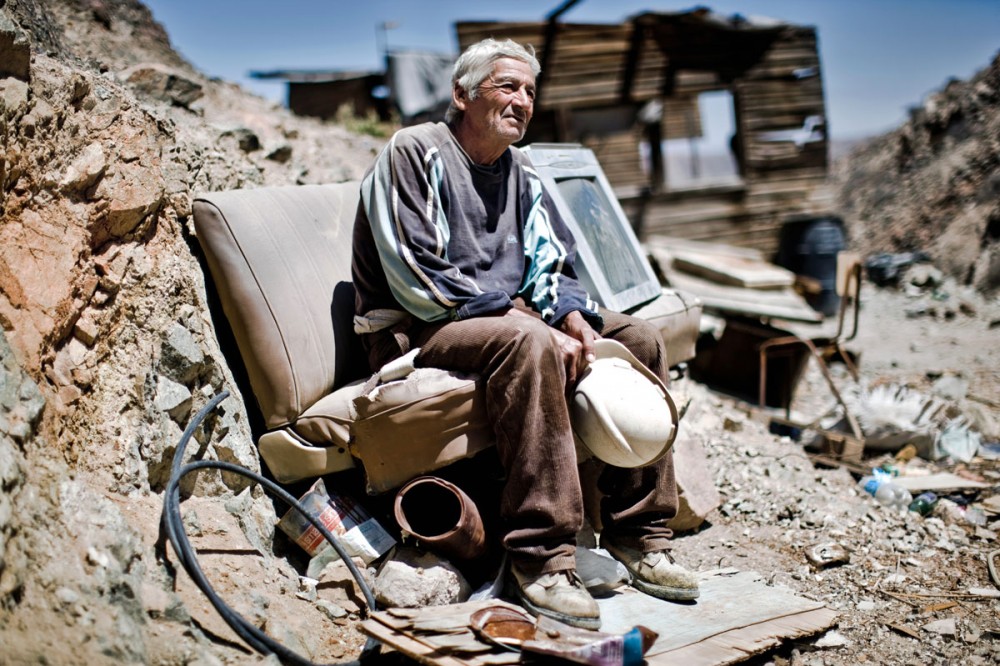Why is traveling so alluring? Perhaps it’s the excitement of departing from the routine of our daily lives, or of experiencing things previously unimagined; it’s something we all dream about at one point or another. With globalisation propelled to the extent that a journey to the ends of the Earth is not only affordable, but mostly achievable in under a day by plane, the idea of the truly remote seems to be a myth of the past. London based photographer and filmmaker Christo Geoghegan spoke to GUM about what travel means to him, and how he goes about capturing the lives of those who live in some of the last isolated places on Earth.
- What prompted you to become a travel photographer, any specific instance where you felt you knew this was the thing for you?
I wouldn’t necessarily class myself as a travel photographer. Whilst almost all the work I do is indeed abroad, the basis of the work isn’t about the notion of travel. I’m not trying to capture the essence of a country, but document a particular group of people living within it. I spend around 10 months to a year researching and organising a story I’m working on, so it’s very much less about travelling around and photographing the country as a whole. At the moment, I’m very much dedicating my work on communities that are marginalised in some way, or those whose way of life is under threat.
The reason why I choose to work further away from home is not because I am in search of the exotic other, but because I feel that an outsiders perspective, without internal bias, allows me to document and photograph in a more well rounded manner.
- You’re on your way to Mongolia on Thursday to continue your project on the Kazakh nomads, what made you decide to return?
Last time I went to visit the Kazakhs in Western Mongolia, I was only there for a month. It gave me a decent amount of time to give an outsiders account of their way of life, but still was only enough time to scratch the surface. I’m hoping my second visit will be able to start doing just that. I want to be able to tell more personal stories from the nomadic way of life, rather than the brief overview I managed to photograph last time. I’m also hoping to start work on a short film out there. So this is the second of many visits to come!
- What has been your favourite experience whilst traveling with the nomads, and anything particular that you’ve learnt?
Without a doubt the sheer kindness I’m greeted with every day. I found from travelling a lot and from working all over the world, that those with the least, are willing to share the most. I would travel to the far corners of the Kazakh state of Mongolia and would always be ushered into houses, thrust a large meal in front of my face, and poured an endless flow of tea. That sense of community and willingness to help strangers is just something that’s been lost in the West; everyone is so guarded.
- You also did a piece on the Atacama miners in Chile, what inspired that?
I actually grew up in Chile when I was younger so I was itching to get back. When I went to Chile to photograph the Atacama Miners, it was about a year after the San Jose mine collapse that trapped 33 miners underground for 69 days. The 33 (as they are now known) are celebrities across Chile, yet they came from an industry that is being slowly wiped by its own mechanisation. So these men so adored across the country will, in 5 years or so, probably be out of a job. It was just something I wanted to document; the idea that people loved these men, but ultimately cared so little for the way of life that put them in that situation that made them celebrities in the first place.
- You’ve been featured in the likes of National Geographic, how did it feel to reach that level in your career?
It was obviously a pretty amazing feeling to reach something I had aimed for so early on in my career. I’ve only been photographing for around 4 years or so, and have only been working professionally for 1. It definitely gave me a drive to continue in an industry that is incredibly difficult to be a part of, yet ultimately so rewarding.
- You’re currently in Japan doing a feature with Boat Magazine, would you like to expand on what your project is out there?
I love Japan a lot. I’d say it’s probably one of my favourite places in the world and it’s a massive privilege to be able to work out here, but my heart belongs to Central Asia right now, so any time I get for travel is dedicated there.
- This is a hard question, but if you had to choose only one country to visit what would it be and who would you focus on?
Hmm. That is indeed a hard question, but if I had to, I’d probably spend it in the Northeastern frontier states of India. I’d say that along with the Amazon Rainforest, it’s one of the last places on Earth where tribal communities are living in ways that they have for centuries. It’s truly an amazing place.
Watch this space for more exclusive Interviews on Christo’s adventures in Mongolia, coming soon.
http://christogeoghegan.com/
Words: Alexandra Embiricos



